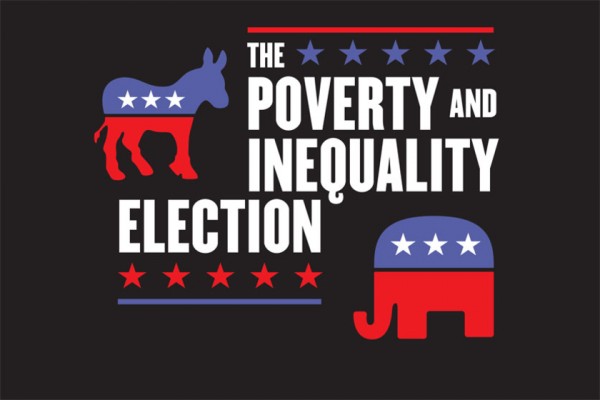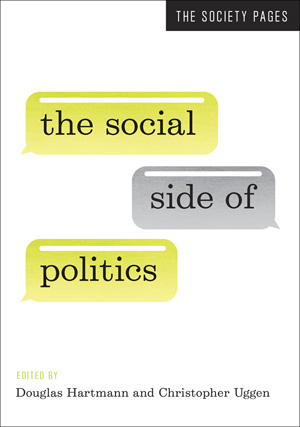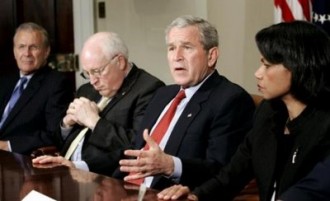
Our friends over at the Stanford Center on Poverty and Inequality are at it again—this time with a special, election-year issue focused on the positions of the various parties and presidential candidates on the issues of poverty, mobility, and inequality in contemporary American society. While these topics may not be as popular, provocative, or controversial as others which have dominated campaign coverage so far, this attention to social stratification and public policy—especially for those on the bottom end of our socio-economic system—is basic, bread-and-butter stuff for any sociologically-inclined reader or researcher.
Three pieces in particular caught our attention. The first two, written by Douglas Holtz-Eakin and Harry J. Holzer, actually work best as a paired set. Each provides a short synopsis of how Republicans and Democrats, respectively, think about the challenges of poverty reduction in the United States. Holzer’s take on the Democrat approach doesn’t have a lot of surprises, though you can be the judge of how the various points of emphasis he lays out have played out in the Democratic primaries of late, especially considering that Holzer is the former Chief Economist of Bill Clinton’s labor department and advisor to the Hillary Clinton campaign. (“The views expressed,” he writes in a wry footnote, “are strictly my own.”) And while you might not agree with Holtz-Eakin’s reframing of poverty as a problem of “self-sufficiency,” I find it refreshing to hear a conservative both acknowledge the depth of the policy challenge as well as put social scientific research and data at the foundation of a prospective policy agenda.
The other piece I’d really recommend is Jeff Manza and Clem Brooks‘ article “Why Aren’t Americans Angrier about Rising Inequality?” The question comes from the realization that in spite of four decades of rising income and wealth disparities along with “stagnating or even declining real wages,” General Social Survey data suggests that Americans are not nearly so concerned (or at least, are much less outraged) than we might expect. Manza and Brooks believe this disconnect is “an important, yet under-acknowledged, challenge for scholars seeking to understand the politics of risking inequality in the United States.” They go on to suggest that the persistent strength of optimistic beliefs about opportunity and mobility is a key reason explaining why Democratic politicians have such difficulty getting public traction beyond their party base.
With the benefit of observing the last few months of presidential campaigning on both the Right and the Left, I’m wondering if perhaps these discontents aren’t quite as absent or one-sided as it once might have seemed, expressing themselves in the political arena more than public opinion polling. In a topsy-turvy political era, where anger is becoming all the rage, this possibility makes me think that we will need to be careful what we wish for when it comes to public attention to and partisan packaging of public policies affecting our economic systems and social hierarchies.



